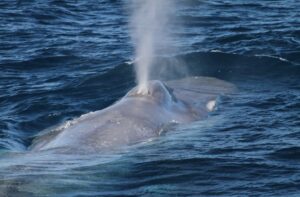
Challenges for blue whale populations
The largest living animal, the blue whale (Balaenoptera musculus) which averages about 27 metres in length, has slowly recovered from whaling only to face the rising challenges of […]

The largest living animal, the blue whale (Balaenoptera musculus) which averages about 27 metres in length, has slowly recovered from whaling only to face the rising challenges of […]
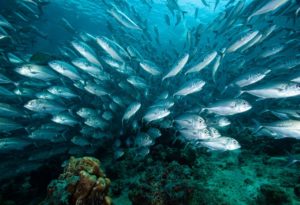
A new Flinders University study has found why Southeast Asian seas produce more fish than the world’s largest coastal upwelling regions combined. While tropical oceans have […]
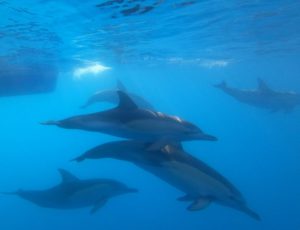
The first widespread census of the genetic diversity of common dolphin (Delphinus delphis) populations living along 3000km of Australia’s southern coastline has raised key pointers for […]
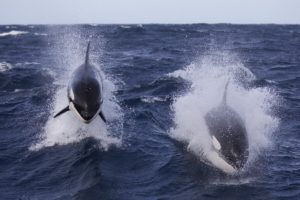
Scientists have discovered that Australasian killer whales revolve around matrilineal ties after using DNA to determine their populations across the region. Killer whales are the ocean’s […]
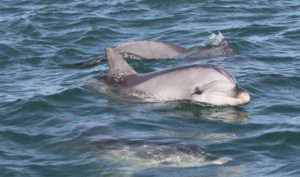
Flinders University researchers have sequenced the genomes of dolphins, revealing variations that may influence their deadly immune response to a measles related virus. Climate change and […]
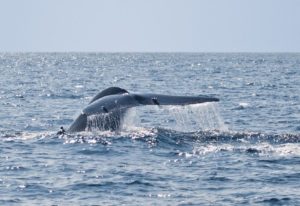
Extensive satellite tracking has revealed important new knowledge about the little known pygmy blue whale population of Southern Australia. Marine scientists from Flinders University, Australian Marine […]
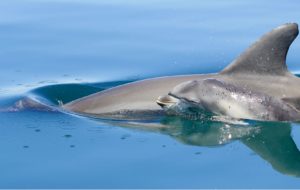
Social clusters including mothers’ groups play an important role in the life of southern Australian bottlenose dolphins, a new study shows. Similar in giraffes, lions, hyenas […]
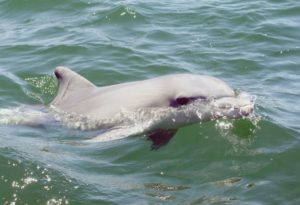
Ocean warming, noise pollution and fishing are major concerns for dolphins in southern Australia, not just Adelaide and Melbourne metropolitan coastal areas but in particular for […]
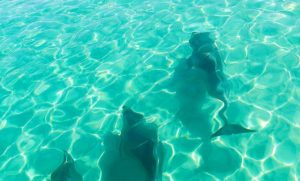
When it comes to wooing the ‘ladies’, it turns out male bottlenose dolphins seem to employ similar tactics to some human groups. Flinders field work on the […]